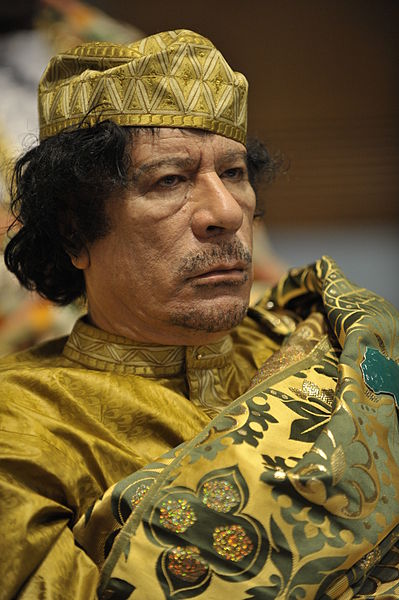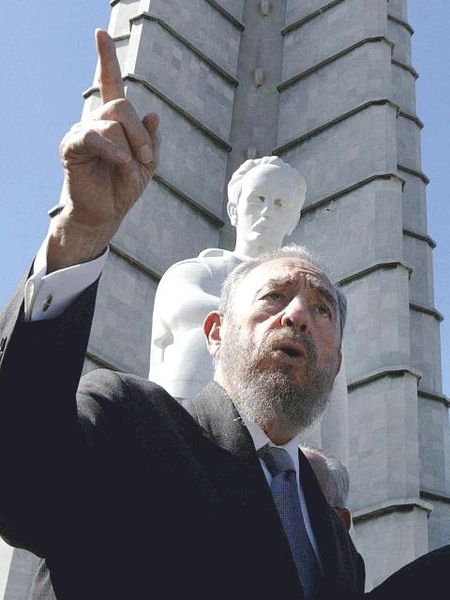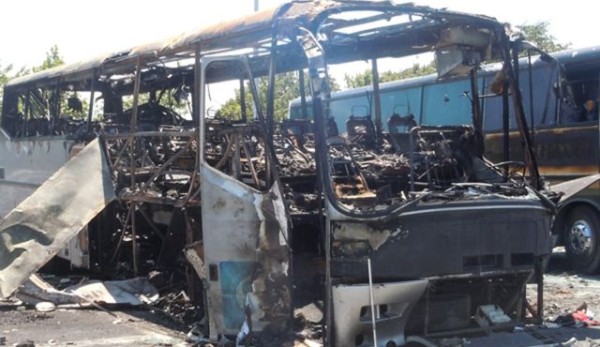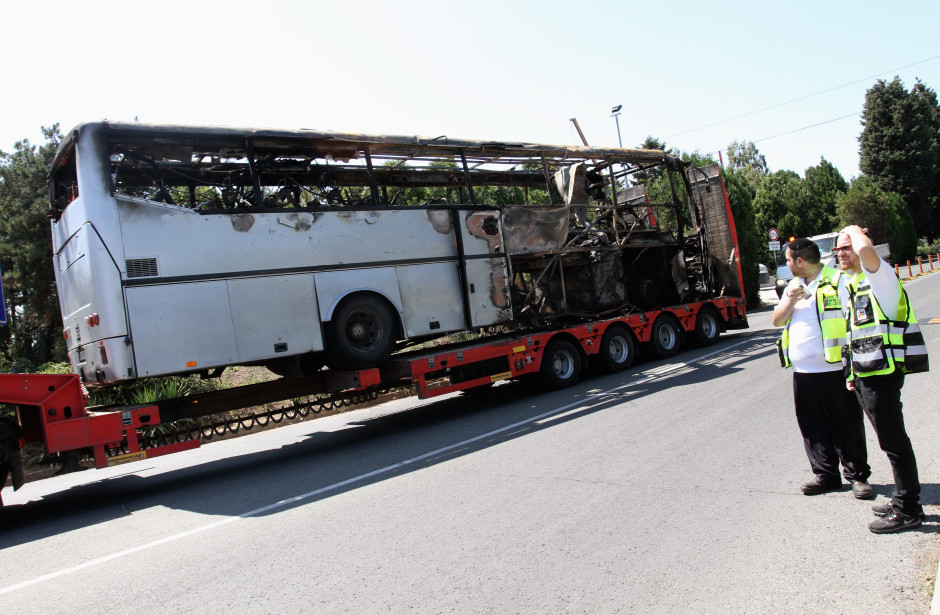Now that President Barack Obama has indicated that he will be removing Cuba from the list of state sponsors of terrorism, only three countries — Iran, Sudan and Syria — remain.
The list began in December 1979, with Libya, Iraq, South Yemen and Syria. Cuba, Iran and North Korea were later added. During his 2002 State of the Union address, President George W. Bush declared that North Korea, Iran and Iraq — then ruled by Saddam Hussein — formed an “axis of evil.”
According to the State Department’s Bureau of Counterterrorism, which determines which nations deserve the designation, a country can be added to the list if it has “repeatedly provided support for acts of international terrorism,” and can be taken off only when there is a demonstrable shift in the government’s policies or leadership.

Being branded as a terrorism sponsor comes with consequences, including bans on U.S. financial assistance, defence exports and considerable banking restrictions that can effectively cut a country off from the global financial system.
Libya agreed to dismantle its nuclear program in 2006 in exchange for being taken off the list — even though Muammar Gadhafi had been one of the main sponsors of terrorist groups for decades and was behind the bombing of Pan Am Flight103 over Lockerbie, Scotland, in December 1988, killing all 259 people on board.
Two years later, Bush removed North Korea from the list in exchange for its cooperation in scaling back its nuclear program. Compounding the mistake, wrote Michael Auslin for the conservative National Review, Obama kept it off the list, despite North Korean actions like the sinking of a South Korean naval vessel in 2010, breaking the 2012 moratorium on nuclear and long-range missile testing by conducting a nuclear test in 2013, and other destabilizing actions.

On the other hand, Fidel Castro’s support of Colombia’s leftist FARC rebels and the Basque Fatherland and Liberty (ETA) movement, which was the original rationale for placing Cuba on the list 32 years ago, is no longer an issue. Indeed, the U.S. State Department last year admitted that there was “no indication that the Cuban government provided weapons or paramilitary training to terrorist groups.”
Frankly, the list is dated. While Iran remains the main purveyor of terrorism worldwide, Syria and Sudan have had their own troubles in recent years.
Since 2012, the United States has seen a resurgence of activity by Iran’s Islamic Revolutionary Guard Corps’ Quds Force (IRGC-QF), the Iranian Ministry of Intelligence and Security (MOIS), and Tehran’s ally, Hezbollah.
Among their many activities were the smuggling of weapons and explosives to insurgents in Bahrain and Yemen and a bus bombing at an airport in Bulgaria in July 2012. And, most ominously, Tehran continues to pursue the development of nuclear weapons.

Syria, though, is not much of a threat. It has been home to a number of Palestinian terrorist groups in the past, including Hamas, Islamic Jihad and the Popular Front for the Liberation of Palestine-General Command.
But today the Assad regime is in the midst of a bloody civil war and hanging on for dear life. It’s doubtful that Damascus has the ability to engage in terrorism abroad.
In Sudan, the National Islamic Front has been the power behind the throne since the 1989 coup that brought President Omar al-Bashir to power. In its attempts to Islamize the country, it has been ruthless in its use of violence.
But while the country has served as a conduit for arms to Hamas in Gaza in the past, Sudan was forced in 2011 to give up one third of its southern territory and allow the birth of Christian-majority South Sudan; it also faces a continuing struggle against rebels in Darfur.
The government has taken steps to limit the activities of foreign terrorist groups within Sudan and has worked hard to disrupt foreign fighters’ use of Sudan as a logistics base and transit point for extremists going to Iraq. It is not the threat it was when it harbored Osama bin Laden in the 1990s.
Meanwhile, following the recent cyber attacks against Sony Pictures for producing the movie The Interview, which ridicules North Korean leader Kim Jong-un, there have now been calls to again place the Pyongyang Communist regime on the terrorism sponsors list.
North Korea has been committing mayhem for decades, and continues to do so. Given their unpredictability and involvement in numerous nefarious military and political activities, the North Koreans would certainly be a “worthy,” and more logical, replacement for Cuba.
Henry Srebrnik is a professor of political science at the University of Prince Edward Island.

